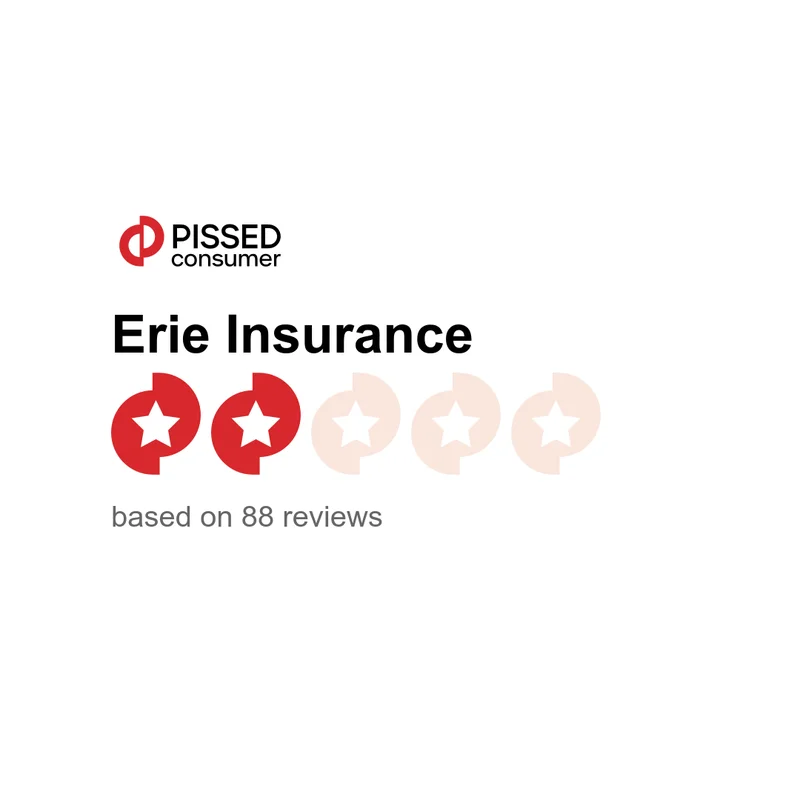You have to hand it to them. The sheer, unadulterated nerve of it all is almost impressive.
Just a few months after Erie Insurance’s digital infrastructure gets ransacked by what’s likely a ransomware gang, leaving customer and employee data flapping in the wind, what do they do? Do they issue a detailed, transparent apology? Do they announce a massive overhaul of their cybersecurity? Nope. They announce a $500,000 "Erie Revitalization Investment Fund" to "boost local innovation" (Ben Franklin partners with Erie Insurance).
Give me a break. This isn't innovation; it's the most expensive and cynical PR stunt I've seen all year. This is like a bank getting cleaned out by robbers and, instead of upgrading its vault, deciding to sponsor the local little league team. Sure, the new uniforms are nice, but my life savings are gone. You see the problem here?
Reputation Laundering 101
Let’s be brutally honest about what this is. This is a classic corporate playbook move, straight out of chapter one: "How to Change the Subject When You’ve Royally Screwed Up." When your brand is synonymous with a massive data breach and two class-action lawsuits seeking $5 million each, you don't fix the problem quietly. You get a bigger microphone and shout about something else.
And what better distraction than "supporting local tech companies"? It’s brilliant, really. It paints Erie as a forward-thinking, community-focused hero. They’re not the company that allegedly let your Social Security number fall into the hands of criminals; they’re the benevolent patrons of the next great American startup! They’re investing in the future, you guys.
But what about the present? What about the customers like Neil Plascencia and former employees like Amy Haas who are now suing because their most sensitive information was exposed (Erie Insurance Facing 2 Class Actions Claiming Data Breach)? They claim Erie was negligent, and from the outside looking in, it’s hard to argue. The company's systems went down on June 7th. Phones, email, online access—all of it, gone. Imagine being a customer in a car wreck, trying to call your insurance company, and getting… nothing. Just a dead line and the chilling realization that the people you pay to protect you can't even protect themselves.
I have to wonder what the meeting was like where they cooked this up. I can just picture a bunch of executives in a sterile conference room, sweating under the fluorescent lights. Someone from PR, probably named Chad, stands up and says, "Our brand sentiment is in the toilet. We need a win." And instead of the Chief Information Security Officer saying, "I need another million dollars to, you know, prevent this from ever happening again," they give half a million to a fund that generates positive headlines. It's just... a masterclass in misdirection.

The Sound of Silence
The most infuriating part of this whole saga is the corporate-speak. Erie’s official statements have been a masterwork of saying absolutely nothing. On June 14, they said they were making "steady progress" to restore systems. What does that even mean? Is "steady progress" like watching paint dry, or is it like frantically trying to put a million digital puzzle pieces back together while the building is on fire? They offered no details on the cause, the effects, or which specific data was compromised.
Then, when the lawsuits hit, the response was the predictable "we do not comment on pending litigation." Offcourse, you don't. Why would you want to be transparent when you can hide behind your lawyers?
This isn't just an Erie problem; it’s an epidemic. Every corporate apology for every data breach sounds exactly the same. "We take your security very seriously..." No, you clearly don't. "We are working around the clock..." For what? To restore service or to shred documents? The ambiguity is the point. It’s designed to placate, to bore you into submission, to make you forget that your digital life was just laid bare for the highest bidder.
This is a bad strategy. No, ‘bad’ doesn’t cover it—this is a five-alarm dumpster fire of customer relations. You’re telling the people who trust you with everything from their home to their car that a "revitalization fund" is a bigger priority than telling them whether their identity is about to be stolen. It’s a profound and deeply cynical miscalculation. And I have to ask: if you can't manage your own data security, what business do you have mentoring "early-stage tech companies"? Is the first lesson on what not to do?
So, Where's the Real Investment?
Look, maybe I’m the crazy one here. Maybe this $250,000 contribution from Erie (matched by a partner) will genuinely create the next big thing out of Erie County. Maybe a few jobs will be created, and a local entrepreneur will get their big break. But that doesn't change the fundamental dishonesty of the gesture.
True "revitalization" for a company like Erie Insurance right now wouldn't be a press release about a new fund. It would be a public, brutally honest accounting of what went wrong. It would be a massive, verifiable investment in their own security infrastructure. It would be a promise to their existing customers that this will definately never, ever happen again—backed by more than just empty words.
Instead, they bought a headline. They’re hoping a feel-good story about "innovation" will be enough to make everyone forget the lawsuits, the downed systems, and the gnawing uncertainty felt by every single one of their customers. And the saddest part is, for a lot of people, it will probably work. But not for me.

